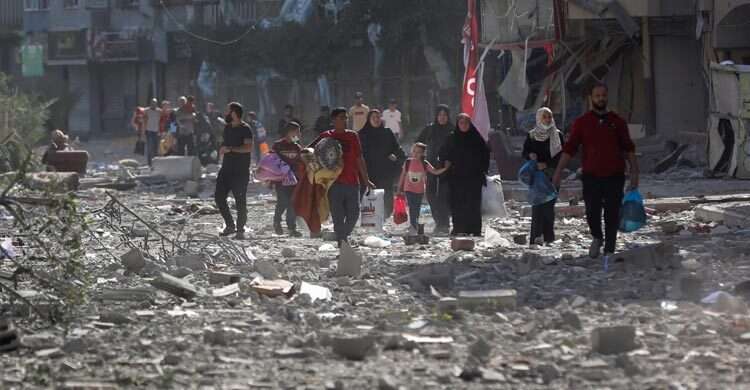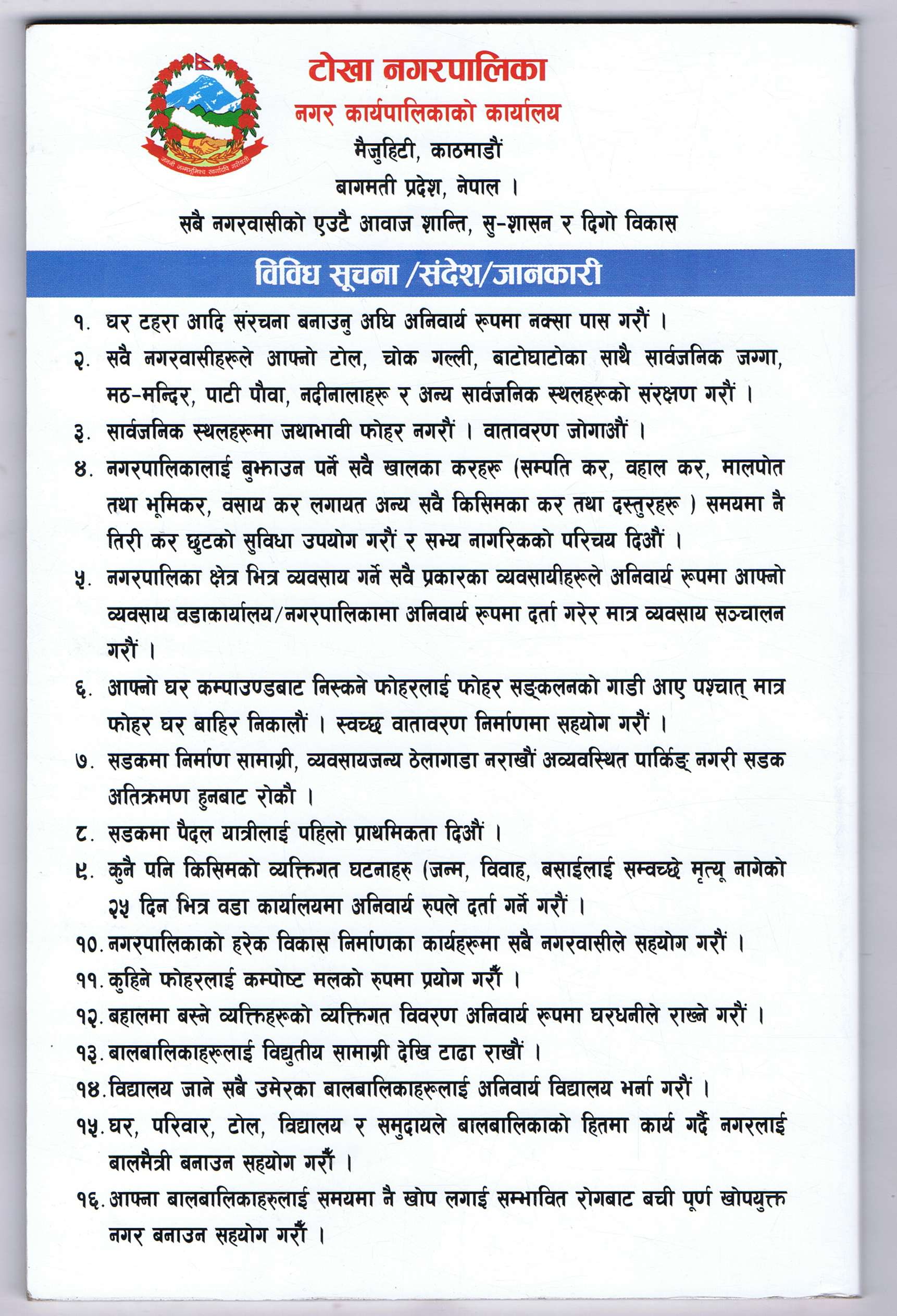Israel rejects Gaza ceasefire, as ground troops free one hostage

(AFP) - Prime Minister Benjamin Netanyahu categorically ruled out a ceasefire in Israel's war against Hamas Monday, as ground forces pushed into Gaza and freed one hostage. "Calls for a ceasefire are calls for Israel to surrender to Hamas, to surrender to terrorism," Netanyahu said, slapping aside demands from UN agencies for a truce. "This will not happen," the premier told foreign media, vowing Israel would "fight until this battle is won".
Israel declared war on Palestinian militant group Hamas after it launched an unprecedented wave of attacks inside Israel on October 7, killing more than 1,400 people, mostly civilians, and taking more than 230 people hostage. Israel has since carried out a huge aerial bombing campaign against Hamas-ruled Gaza, while inside the territory, a long-expected ground war was underway.
The military has released images of Israeli mechanized infantry grinding through the coastal sands of northern Gaza, while witnesses on Monday reported tanks on the outskirts of Gaza City. Israel said it hit 600 targets in 24 hours, one of the most intense periods of bombing to date, and that a missing woman soldier was rescued from Hamas inside Gaza.
The release of Private Ori Megidish was "secured during a ground operation" inside Gaza the army said, adding she was in Israel, reunited with family and was "doing well". Netanyahu has vowed the war will "eliminate" Hamas, ensuring no possible repeat of the group's attacks. Israel has also promised to free the hostages taken by Hamas and other Palestinian militant groups on October 7. - 'I found them all' - Israel's campaign has flattened thousands of buildings and Gaza's 2.4 million residents are under near continuous bombardment, with little access to water, food, fuel and other essentials.
The United Nations has repeatedly called for a humanitarian truce in the violence, which the Hamas-run health ministry in Gaza claims has killed more than 8,000 people, many of them children. On Monday, the UN agency for Palestinian refugees UNRWA said the limited number of aid trucks entering the besieged territory were insufficient to meet the "unprecedented humanitarian needs" there. "Nearly 70 percent of those reported killed are children and women," said Philippe Lazzarini, who heads UNRWA. "This cannot be 'collateral damage.'" Rizk Abu Rok, a 24-year-old paramedic with the Palestinian Red Crescent, told AFP that transporting those killed and wounded had become a daily routine.
But a recent strike on the Rio Cafe in Khan Yunis added his father and several other relatives to the growing toll. "I found them all, one after the other," he said. Israel has accused Hamas of using hospitals as military headquarters and using civilians as "human shields". But even Israel's staunchest allies have voiced concern about the dire humanitarian situation inside the territory. In Washington, the White House has ruled out a permanent ceasefire -- fearing it would only give Hamas time to restock and regroup.
But National Security Council spokesman John Kirby said "pauses" to allow aid into Gaza should be considered. Limited aid has entered Gaza from Egypt under a US-brokered deal, but its volume has fallen far short of the hundreds of trucks a day aid agencies say are needed. Israel said it is inspecting cargo to make sure weapons are not being smuggled in, and is monitoring to guarantee supplies are not seized by Hamas. - 'Unfathomable horrors' - More than three weeks on, Israelis are still trying to comprehend the events of October 7. Still little is known about the fate of the 230-plus hostages -- aged between a few months and over 80 years old -- who are believed to be held in a network of Hamas tunnels under Gaza.
Hamas recently released a video of what it claimed were three women hostages, seated against a tile wall. The time and place of the recording could not be verified, but one of the women called for Israel to agree to Hamas' demand to exchange the hostages for Palestinian prisoners held by Israel.
Netanyahu in a statement decried the clip as "cruel psychological propaganda". And even as Israel continues to be struck by daily rocket attacks from Gaza and Lebanon, Israelis have yet to account for all their missing and dead.
On Monday, authorities said the remains had been found of 23-year-old German-Israeli, Shani Louk who was abducted at a music festival in the Israeli desert. She had been "tortured and paraded around Gaza by Hamas terrorists" and "experienced unfathomable horrors," according to Israel's foreign ministry. In the aftermath, images circulated of a young woman lying face down and nearly naked in the back of a pick-up truck filled with armed men.
Louk's family said they recognised Shani because of her dreadlocks and distinctive tattoos, but held out hope she had been badly injured. Louk's sister Adi spoke of her "great sorrow" as she shared the news of Shani's death on social media. - 'Axis of terror' - While Netanyahu has claimed Israel is "fighting Hamas" and an "Iranian axis of terror" that includes groups in Lebanon and Yemen, Washington has expressed fears of a regional war.
The White House has warned Israel's enemies -- in particular Iran-allied groups -- not to become more involved. Lebanese caretaker prime minister Najib Mikati told AFP it was his "duty to prevent Lebanon from entering the war". All the while, Israel's military has struck targets in Syria and traded cross-border fire with Hezbollah in Lebanon -- insisting Israel has a duty to defend civilians.
In the Israeli-occupied West Bank, health officials say about 120 Palestinians have been killed by Israeli fire and in settler attacks since the Gaza war started. Amid the violence, anti-Israel anger has flared across the region and beyond. In Russia's Muslim-majority Dagestan, police said they had arrested 60 people after a crowd stormed an airport on Sunday to attack passengers arriving from Tel Aviv.
ट्रेण्डिङ समाचार
ताजा समाचार
- १.
- २.
- ३.
- ४.
- ५.
- ६.
- ७.
- ८.
- ९.
- १०.



प्रतिक्रिया